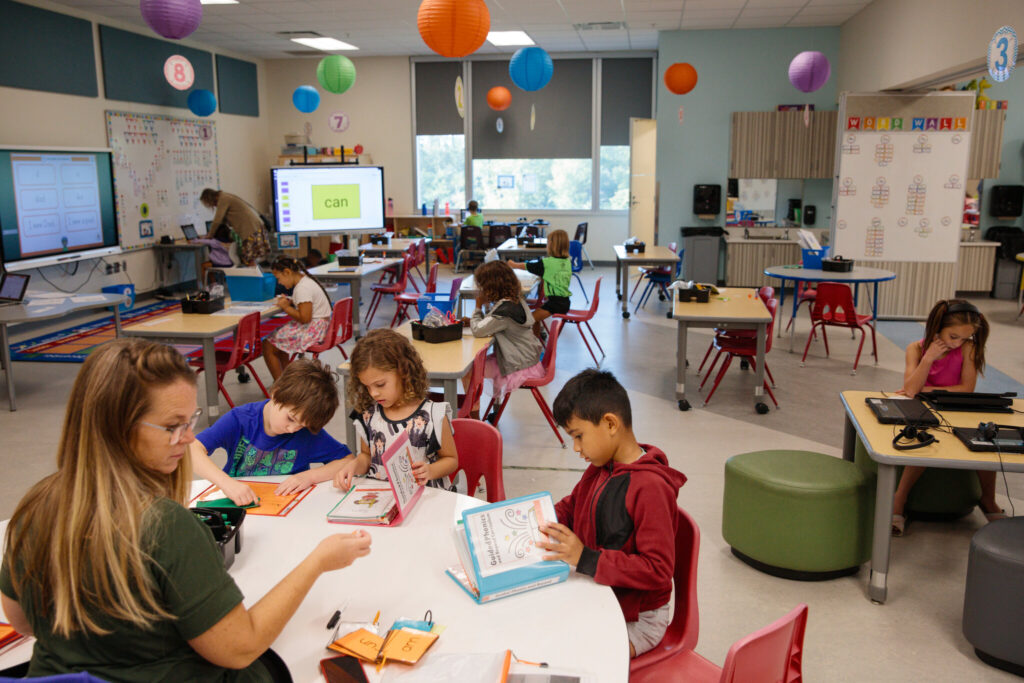
After years of chaos, 2025 is shaping up to be a turning point for the American education system. The past decade saw a drift from core learning toward ideological and social agendas that left students underprepared, confused, and, in many cases, disillusioned. But change is underway. For the first time in a long while, America is starting to course-correct.
Over the last few years, education veered off track. Instead of reinforcing reading, writing, math, and science, the foundation of any functioning society, many schools spent time and resources on topics that lacked measurable value. Courses and curricula centered around gender theory, identity politics, and activist-driven content became widespread. These subjects didn’t just fail to improve academic outcomes, they distracted from them.
Meanwhile, literacy rates have stagnated or even declined. In 2023, the National Assessment of Educational Progress (NAEP) showed that only about one-third of American fourth and eighth graders were proficient in reading. That’s not just a problem. That’s a national failure. We cannot expect to produce critical thinkers, innovators, or leaders if a majority of students struggle to read at grade level.
The Cost of Confusion
At the same time, many students were being pushed to question their identities in ways that made basic development more difficult. When a child is still trying to understand how the world works, throwing in complex gender ideologies often leads to more confusion than clarity. The focus should have been on mental health, academic growth, and real-life skills. Instead, we pushed abstract theories and called it progress.
This shift didn’t just waste time, it affected students’ psychological well-being. A generation of kids grew up unsure of their place in the world, bombarded by adult topics before they were ready to process them. Schools are supposed to be safe and structured environments where kids learn to read, write, think, and grow. Not ideological battlegrounds.
A Shift Toward Real Priorities
But this year, we’ve seen the tide turn.
Starting in early 2025, several states began removing funding for fringe academic programs and redirecting it to core subjects. The federal government followed suit by cutting financial support for gender-affirming surgeries, reallocating funds toward literacy initiatives, teacher training, and school safety improvements. These are the priorities most Americans care about and they’re long overdue.
Across the country, there’s renewed focus on vocational education, STEM learning, and civic literacy. Schools are reevaluating their standards and asking: what actually prepares students for life? What skills matter in the workforce? How do we help students not just feel good, but be good at what they do?
This is not about ignoring the existence of social issues. It’s about understanding that schools are not the place to experiment with identity politics. Children need clarity, not confusion. Education should empower them to succeed in the real world, not leave them vulnerable to ideological trends with no bearing on their future.
The recovery won’t be instant. We still have years of academic decline to undo. But the shift in mindset is real and it’s encouraging. There’s growing bipartisan agreement that we must return to academic excellence, discipline, and accountability. Parents, teachers, and administrators are finally speaking the same language: Let’s get back to teaching what matters.
America lost its way for a while. But with renewed focus on foundational education and the removal of distractions that don’t serve students, the system is finally stabilizing. If we stay the course, we can rebuild a generation of capable, confident, and well-educated young people who are ready to lead.
